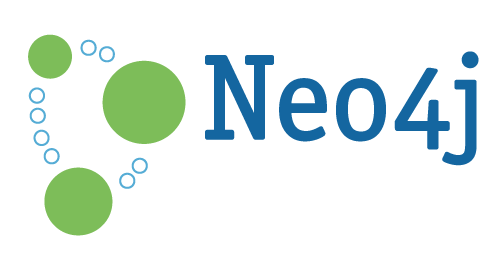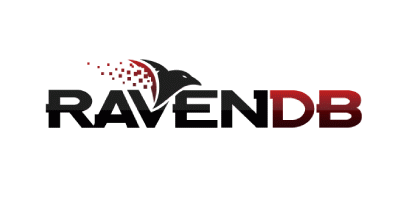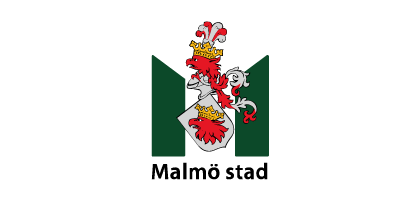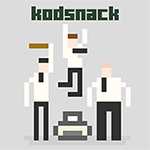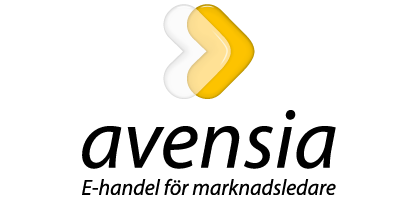The most Human Human - a session at Øredev 2014
FRI
09.00 - 10.00
The most Human Human
For the first time in history, we are routinely mistaking computer interactions for human ones. This is a remarkable testament to human ingenuity, but what does it say about us? Over the last several years, software mimicking human conversation has finally come within reach of the Turing test, a threshold beyond which – or so it's argued – a machine can be said to be thinking.
Poet, philosopher, and computer scientist Brian Christian set out to become one of the Turing test's "human confederates," competing not only against machines but against his fellow humans to persuade the judges that he was, in fact, human. Preparing to compete for the coveted, if bizarre, "Most Human Human" award sent him on a wide-ranging investigation into science, philosophy, literature and the arts, to learn what he could about just what it is that makes us human, anyway. As we enter a time where it's ever more difficult to tell the difference between genuine human connection and its many imitations, computers – far from being a threat to our humanity – provide a better means than ever before of understanding what it is.

